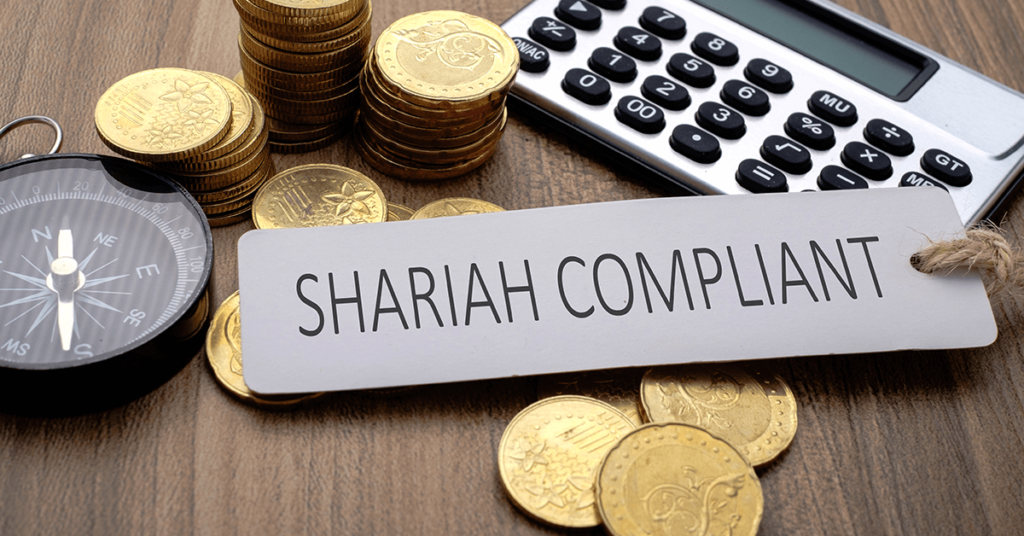In the bustling landscape of the United Arab Emirates (UAE), where modernity meets tradition, the concept of Halal homeownership has emerged as a distinctive feature in the realm of real estate. Navigating Sharia-compliant transactions in this dynamic market requires a delicate balance between contemporary aspirations and adherence to Islamic principles.
Understanding Halal Homeownership
Halal homeownership in the UAE is more than just a transaction; it’s a fusion of financial prudence and ethical considerations deeply rooted in Islamic finance. The foundation lies in Sharia, the Islamic law, which governs various aspects of life, including economic transactions. In the context of real estate, this translates into an emphasis on fairness, transparency, and avoiding transactions involving prohibited elements, such as interest and incalculable uncertainty (gharar).
Sharia-Compliant Financing
One of the key aspects of Halal homeownership is the financing mechanism. Traditional mortgages often involve interest, which is incompatible with Islamic principles. To address this, Sharia-compliant financing options have emerged, such as Murabaha and Ijara. Murabaha involves the sale of the property at a profit, while Ijara is a lease-to-own arrangement. These alternatives ensure that the financial arrangements adhere to Sharia guidelines, offering a pathway for Muslims to own homes while staying true to their beliefs.
Transparent Transactions
Transparency is a cornerstone of Sharia-compliant real estate transactions. Buyers and sellers engage in open communication, disclosing all relevant information about the property and the transaction terms. This commitment to transparency fosters trust between parties, aligning with the Islamic principle of conducting business with integrity and honesty.
Avoidance of Speculation
Sharia-compliant real estate transactions discourage speculative practices that involve excessive uncertainty (gharar). Instead, the emphasis is on tangible assets and genuine economic activities. This approach not only aligns with Islamic values but also contributes to a more stable and sustainable real estate market.
Social Responsibility
Halal homeownership extends beyond financial transactions; it embodies a sense of social responsibility. Islamic principles encourage the fair treatment of all stakeholders, including neighbours and the broader community. This ethos manifests in the careful selection of properties and neighbourhoods, considering their impact on the well-being of residents and the surrounding environment.
Legal Safeguards
The UAE has taken significant steps to ensure the legal framework supports Sharia-compliant real estate transactions. The Dubai Land Department, for example, provides guidelines and regulations that facilitate such transactions, offering a robust legal infrastructure to protect the rights and interests of both buyers and sellers engaging in Halal homeownership.
Conclusion
Halal homeownership in the UAE represents a harmonious blend of tradition and modernity, where the principles of Islamic finance guide real estate transactions. Navigating this landscape involves embracing transparency, adhering to Sharia-compliant financing options, and upholding a sense of social responsibility. As the real estate market in the UAE continues to evolve, the principles of Halal homeownership stand as a testament to the enduring values that shape this vibrant society.
